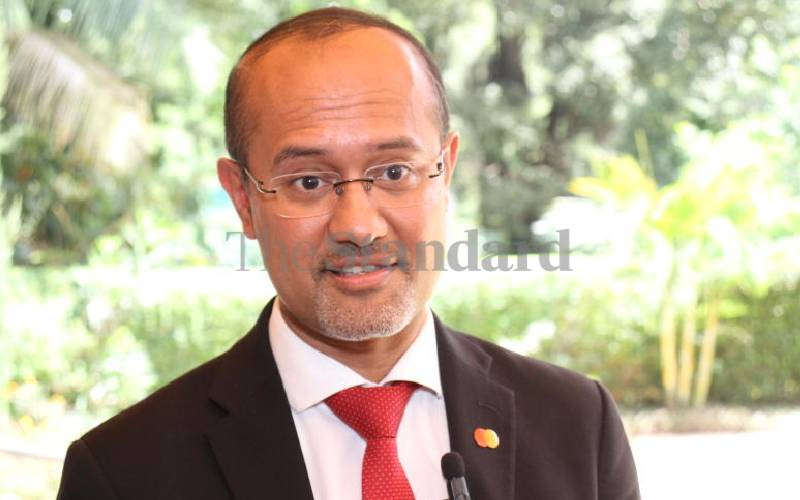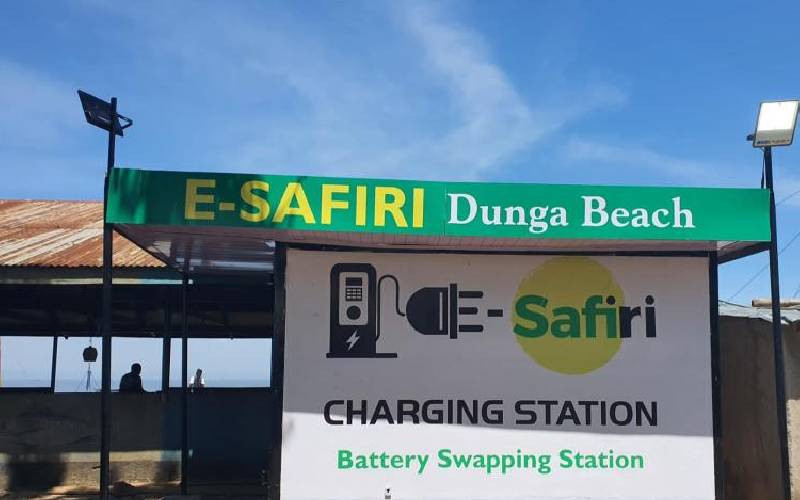
When people talk about last year’s Gen Z revolution, many forget that it all started with a hashtag. It was a passionate call by young people for Kenyans to reject the punitive Finance Bill 2024 in toto. What began as a social media outcry quickly snowballed into a movement that not only led to the withdrawal of the Bill, but, more significantly, forced President William Ruto to dissolve his Cabinet.
For the first time in Kenya, the government and political leaders bowed to the power of social media as a platform to push for accountability. However, a year later, the digital space that saved Kenyans from being subjected to punitive taxes is under threat as the State relentlessly pushes back on those using social media to criticise government actions.
The revolution led by Gen Z last year was a clear manifestation of how the digital era has significantly altered the nature of civic engagement. This has been boosted by the rapid growth of internet use in the country, with data showing that Kenya had 27.4 million (48 per cent of the country’s total population) internet users by January 2025.
Out of this, 15.1 million or 26.5 per cent of the country’s total population are active social media users. Like happened during the Gen Z protests, many activists and other change-oriented Kenyans are actively using social media platforms like X, Facebook, Instagram, and WhatsApp to mobilise public opinion, organise protests, and advocate for change and accountability.
These platforms have democratised participation, allowing more Kenyans to engage in civic discourse and advocate for social and political reforms. However, emerging threats to civic space online risk silencing the very voices that form the backbone of democratic life. It is no longer a secret that Kenya’s civic space is shrinking. Online dissenters, bloggers, and human rights defenders have lately faced harassment, unlawful arrests, or coordinated online attacks simply for expressing critical views.
All this shows that protecting the fundamental freedoms of Kenyans in the digital public square is no longer debatable. The first step is to recognise that digital rights are human rights and must be protected.
Privacy rights
The right to freedom of expression, access to information, assembly, association, and privacy are enshrined in the Constitution. They apply as much online as they do offline.
The enactment of the Data Protection Act (2019) was a significant step towards securing privacy rights in an increasingly digital world. However, tensions remain between the State’s use of technology for governance, security, and surveillance, and the protection of individual freedoms. Kenya’s Computer Misuse and Cybercrimes Act (2018), which aims to curb cybercrime, has been criticised for provisions that are seen as vague or overly broad.
Some of these provisions have been used to silence dissent, particularly clauses related to “spreading false information” and “cyber harassment”. The law has been applied to bloggers, journalists, and activists who criticise government actions, effectively shrinking the space for free online expression. This calls for the protection of the digital space for civic engagement.
A good starting point in safeguarding civic space online is to offer civic education and rights awareness, and empower citizens to speak up confidently and responsibly. But more importantly, it requires a collective approach that focuses on building coalitions between rights groups to push back against restrictive laws, partnerships with technology companies to enforce transparency and accountability, and community education initiatives that equip citizens with the tools to recognise risks and defend themselves online.
Above all, the government can avoid all this tension by involving civil society to design policies that ensure people are safe online and that users’ rights are protected.
The fight to protect the civic space in the digital era is a fight for democracy, and it will only be won when authorities stop reacting to threats, and start building systems, cultures, and policies that safeguard participation, dialogue, and accountability.
Stay informed. Subscribe to our newsletter







